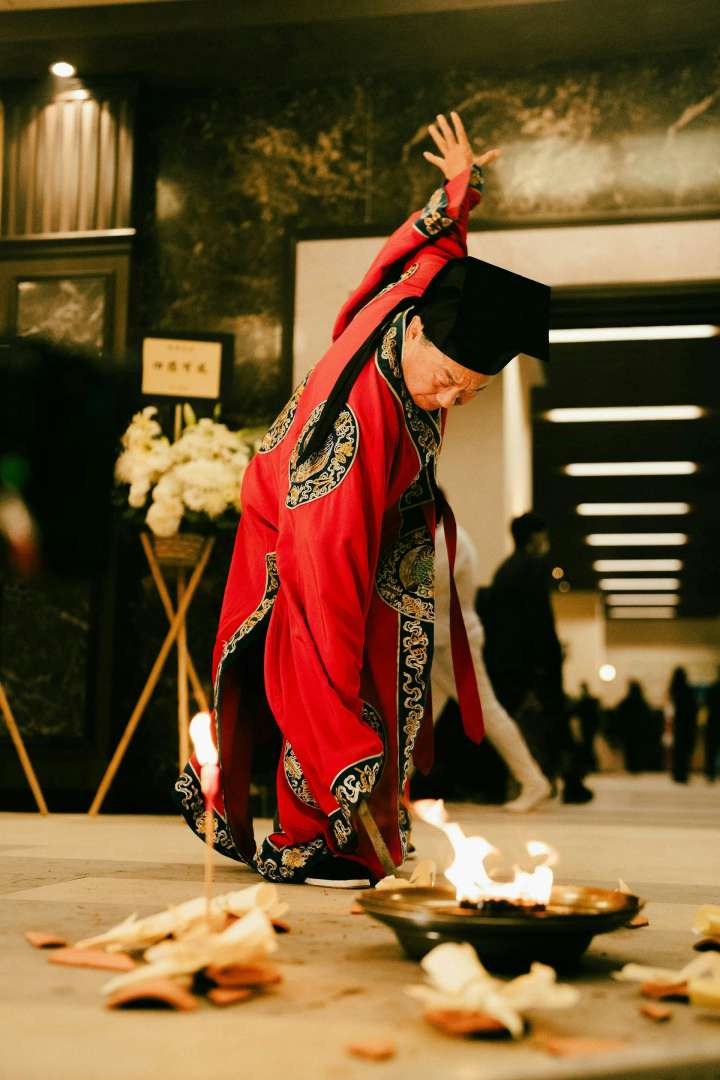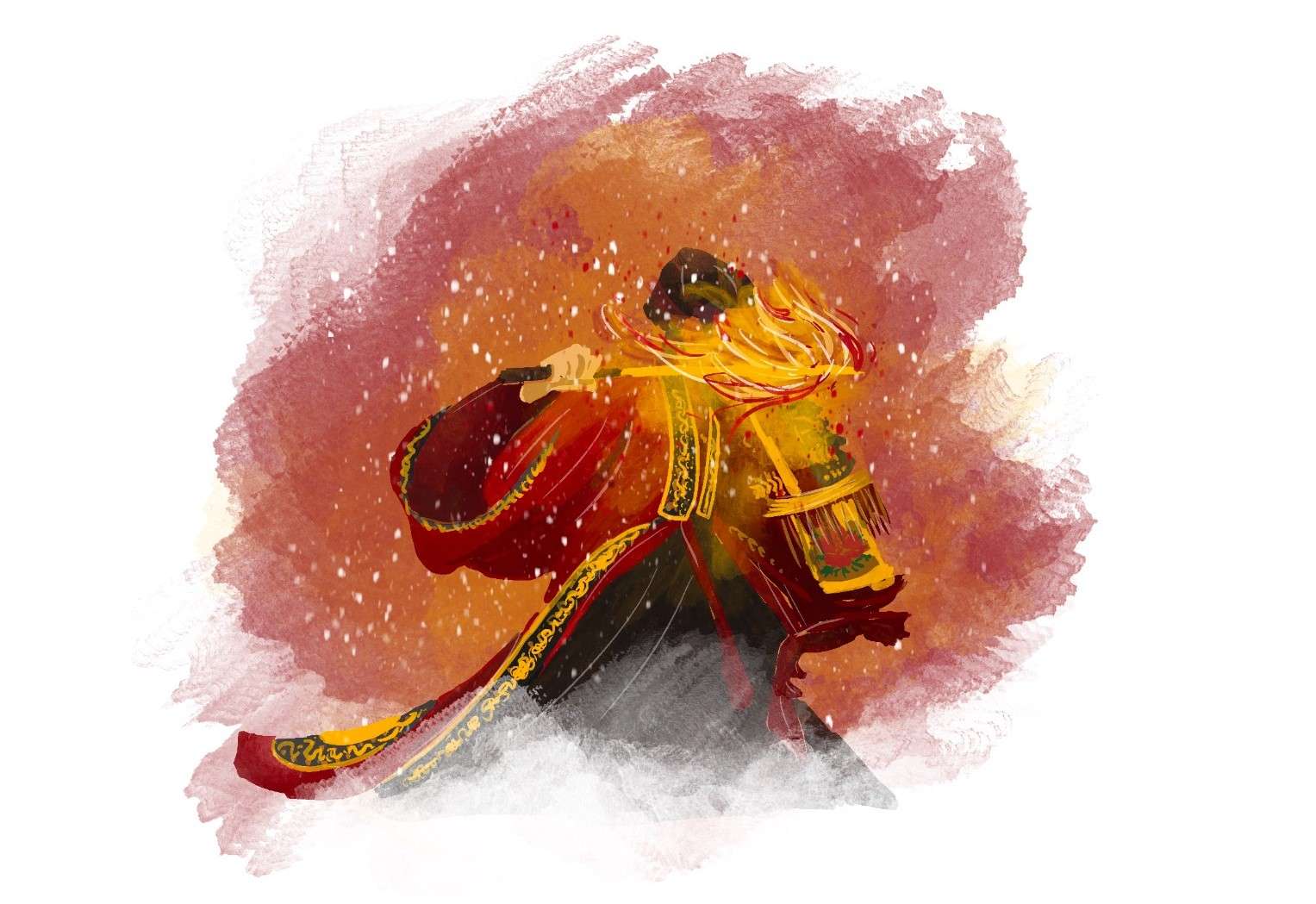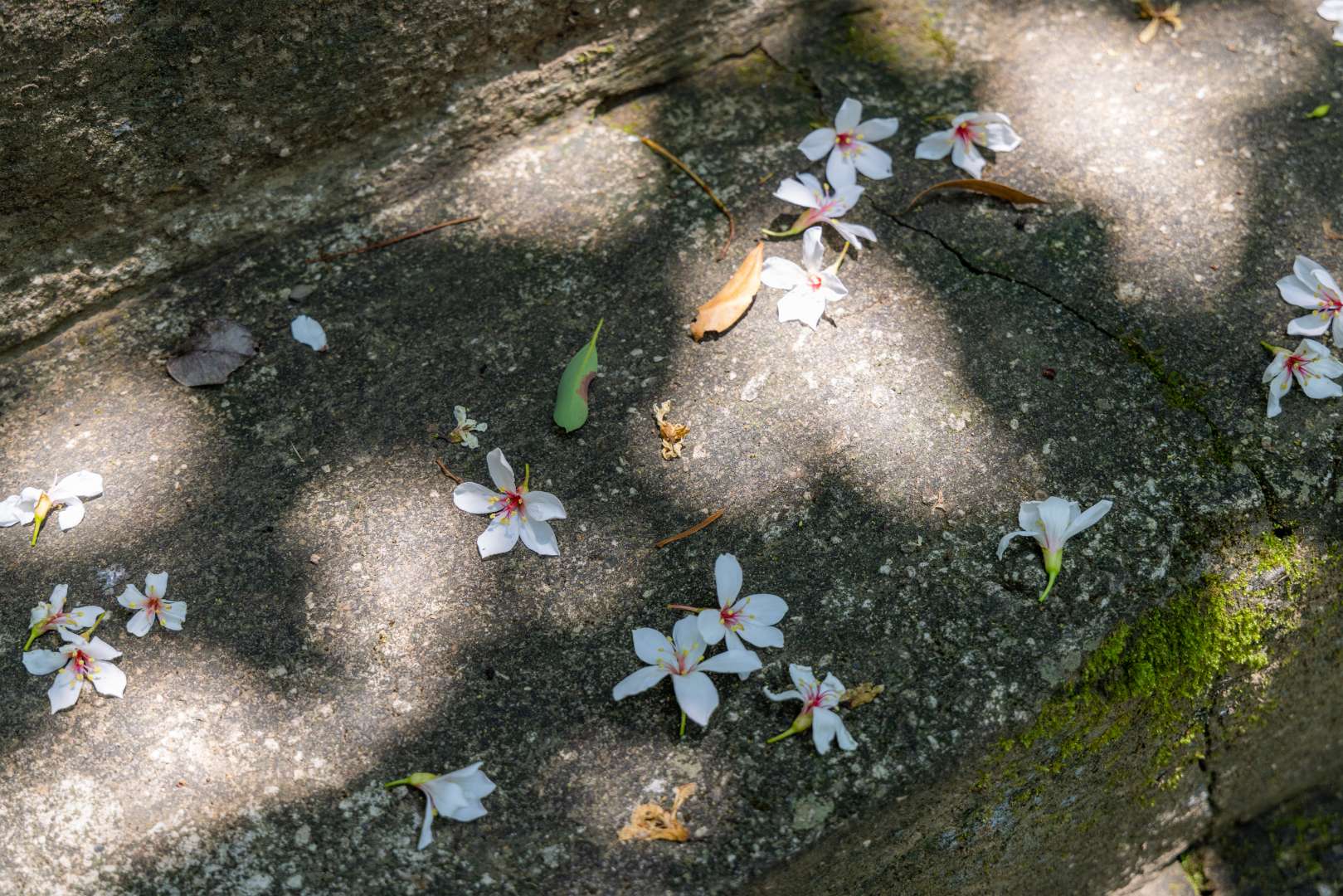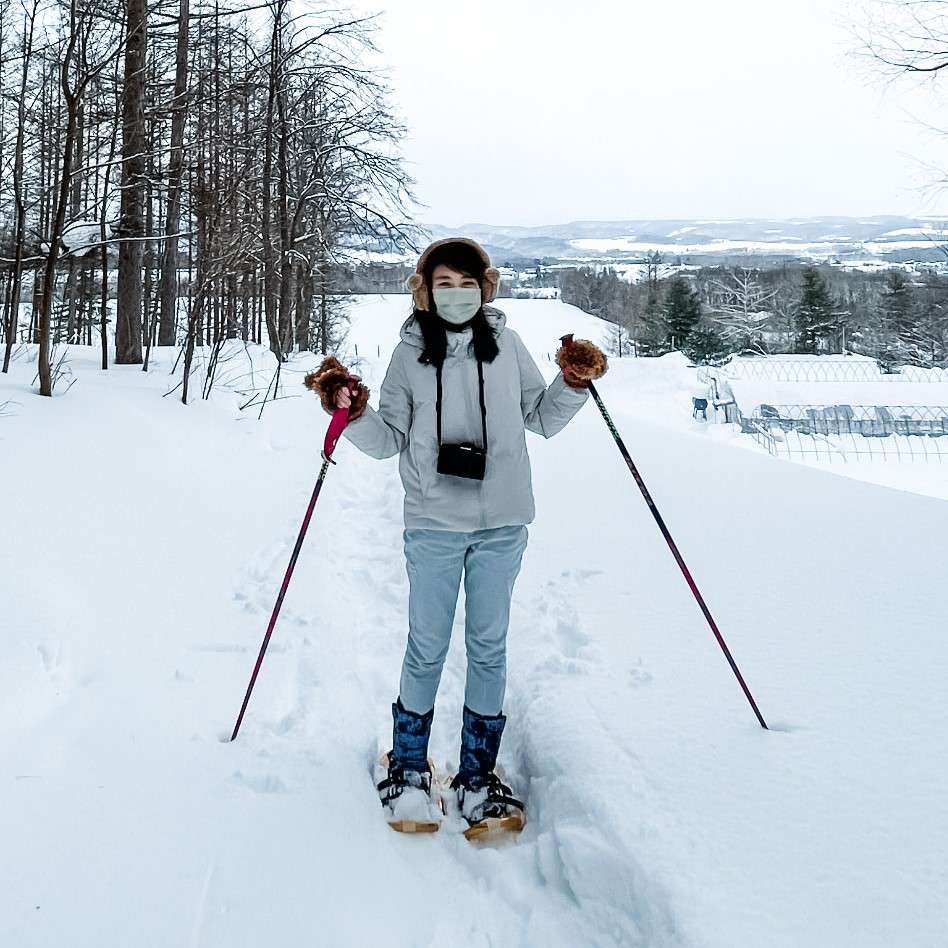//16.4 Youth Space: Life
by Michelle Leung
Death has long been a social taboo in Chinese society, but a recent Hong Kong film has finally brought this topic into the spotlight.
As Chinese, we often shun away from talking about death. I’m in my late twenties, but I’ve never broached the topic with my family, not even after the passing of my grandparents. However, with the first open day of the Kowloon Funeral Parlour and the recent release of The Last Dance (破·地獄), could it finally be time to start the conversation?
Life has a way of thrusting these conversations upon us unexpectedly. Last year, a close family member of mine lost a baby at birth, and that made me realise how emotionally unprepared we were for such a loss. The lack of understanding and preparation for death only made things harder. And this unpreparedness is not unique to my family.
A 2023 study by the University of Hong Kong revealed that among the people surveyed, seven in ten had never heard of “end-of-life care,” and more than three-quarters had never discussed their final wishes with their family. I can’t help but wonder why we can’t plot our final journey the same way we plan our career, wedding and retirement.
But things are changing. The recent film, The Last Dance, for one, takes a closer look at Hong Kong’s funeral industry and breaking the gates of hell, a Taoist funeral ritual unique to Hong Kong. It struck a chord with many who are still grieving the loss of their loved ones, as Covid restrictions kept them away from properly saying goodbye.
A similar attempt was made by the Kowloon Funeral Parlour, which held its first open day during the past Chung Yeung Festival, a traditional Chinese festival during which people worship ancestors and go hiking. With tours to the funeral facilities, talks led by practitioners, creative arts workshops and live music concerts, it challenged the community to approach death in unique and creative ways we had never imagined before.
Personally, I am fortunate and grateful to have been able to take a course on death, dying and bereavement at university. It not only helped me think about life’s fragility and finitude differently but also equipped me with the emotional tools to navigate grief and loss. These lessons became invaluable as I supported the couple who lost their baby.
Yet, why are these important life lessons only taught as an elective? Taiwan shows us that even a society rooted in Confucian traditions can embrace death education. Back in 2001, they took the bold step of introducing death education in schools, following rising rates of suicide, self-harm, bullying and violence among students. Over time, it has cultivated a culture where people feel comfortable talking about death and reaching out for help.
In contrast, we’re taking baby steps in Hong Kong. Life education is only taught sporadically in some schools. Most programmes and initiatives remain community-led rather than government-backed. As mental health issues are on the rise, a more structured approach to death education can help rather than harm those in distress and in need of support.
Recent projects are breaking taboos and busting myths, though. Among them, the open house held by the Kowloon Funeral Parlour offered participants a chance to mourn those who left us during the pandemic. It wasn’t all solemn and sombre, as they were bidding farewell through Cantopop songs like The End Party (最後派對) and Goodbye (係咁先啦).
The pandemic also took an emotional toll on Anselm Chan Mou-yin, who wrote The Last Dance after losing his grandmother to the pandemic. Kept apart from his grandmother during her final days, Chan channelled his grief into creating the film, which, in turn, becomes an outlet for emotions and a source of closure for others going through the same.
While many didn’t get to hear the final words of their loved ones during the height of the pandemic, we don’t have to wait to start these conversations. Whether through school programmes, community initiatives, or simply gathering the courage to talk to our families, now is the time to start talking about death and learning to appreciate life.
After all, talking about death isn’t just about death, but also life, love and what truly matters to us. This will be one of the most meaningful conversations we’ll ever have.
Michelle is always curious about the complexities of life. She is fascinated by the elasticity of words and the versatility of visuals.






